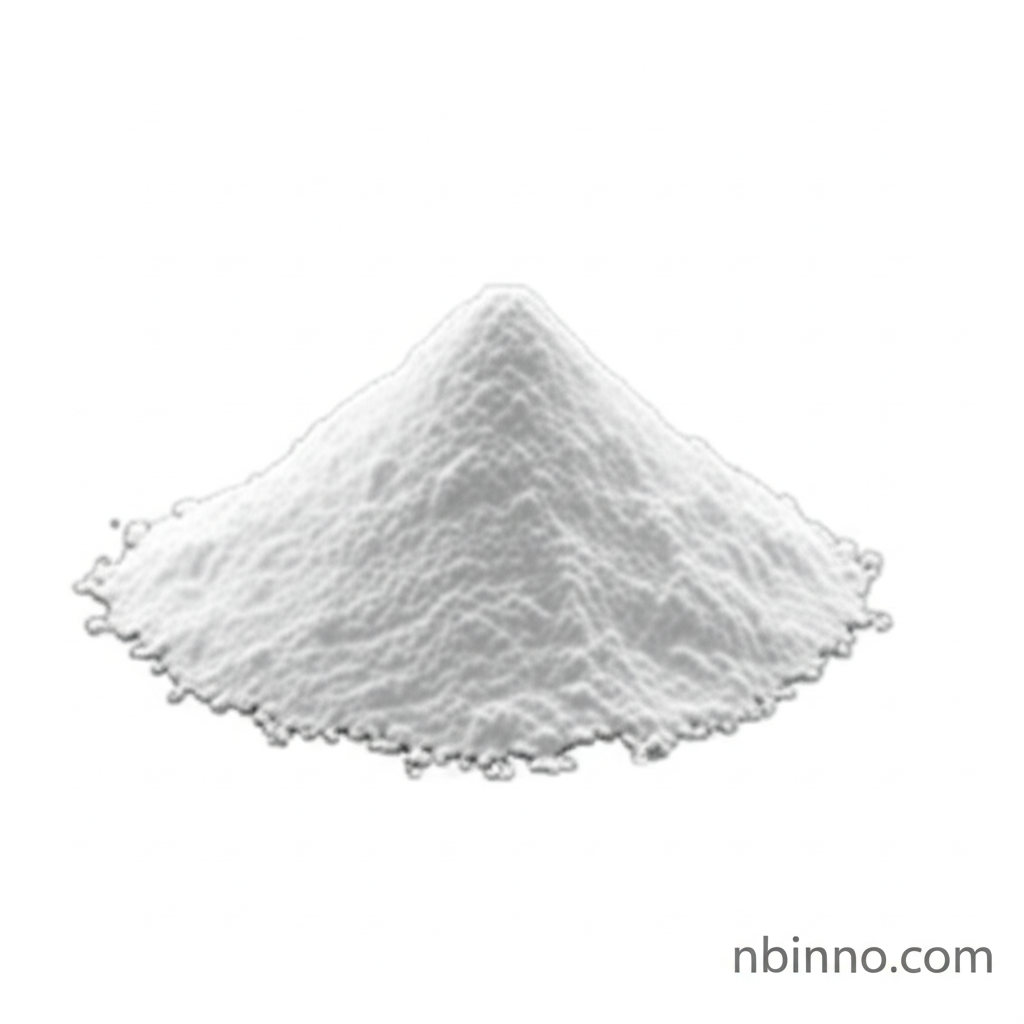R-(+)-Lansoprazole: Properties, Applications, and Synthesis
Explore the advanced properties and therapeutic potential of R-(+)-Lansoprazole, a critical pharmaceutical intermediate.
Get a Quote & SampleProduct Core Value

R-(+)-Lansoprazole
R-(+)-Lansoprazole, identified by CAS 138530-94-6, is an enantiomerically pure form of lansoprazole, widely recognized for its role as a proton pump inhibitor (PPI). It is crucial in the treatment of conditions like GERD and peptic ulcers. Its development represents a significant advancement in gastrointestinal therapy, offering improved pharmacokinetic profiles compared to racemic mixtures.
- The R-lansoprazole chemical properties, including its off-white to brown solid appearance and melting point of 66-68°C, are key to its formulation.
- As a pharmaceutical intermediate, R-(+)-Lansoprazole is instrumental in synthesizing advanced antiulcerative medications.
- Dexlansoprazole, the R-enantiomer, offers improved pharmacokinetics, characterized by slower clearance and a longer terminal half-life, enhancing patient compliance.
- The novel dual release technology employed with Dexlansoprazole optimizes drug delivery, providing extended efficacy in managing acid-related disorders.
Key Advantages
Enhanced Efficacy
The use of R-(+)-Lansoprazole as a proton pump inhibitor ensures more effective acid suppression, contributing to better management of gastrointestinal conditions.
Improved Pharmacokinetics
Compared to racemic lansoprazole, R-(+)-Lansoprazole exhibits a more favorable pharmacokinetic profile, leading to sustained therapeutic levels and potentially fewer side effects.
Targeted Drug Delivery
The innovative dual-release formulation associated with dexlansoprazole ensures a controlled release of the active compound, targeting specific regions for optimal absorption and efficacy.
Key Applications
Gastroesophageal Reflux Disease (GERD)
R-(+)-Lansoprazole is a vital component in treatments for GERD, effectively reducing stomach acid production to alleviate symptoms like heartburn and acid regurgitation.
Peptic Ulcer Treatment
Its proton pump inhibiting action makes it highly effective in healing and preventing peptic ulcers by creating an environment conducive to tissue repair.
Erosive Esophagitis Healing
The compound aids in the healing of erosive esophagitis, a condition where the esophagus is damaged by stomach acid, by maintaining gastric pH balance.
Pharmaceutical Synthesis
As a chiral reagent and pharmaceutical intermediate, it is a critical building block in the synthesis of various advanced pharmaceutical compounds.
